You've just graduated high school; what a major life accomplishment! Before you do anything else, pat yourself on the back.
After the initial excitement of finishing up a chapter of your life ends, it's time to start planning for your next big adventure, college for most. One of the biggest things that people worry about when starting college is how they'll pay for it, which is why it's so important to understand the different types of student loan options that are out there.
If you or a family member will be attending college soon, you’ve probably noticed that the sticker price for a college education has risen considerably in recent years.
Though the costs can be steep, a college degree is a good investment in the student’s future. To get the best value from that investment, however, it’s prudent to make sure you get the right type of student loans for your individual situation.
Private Student Loans
For most people, federal student loans are a better deal than student loans from private entities like banks, colleges, and other lenders. This is because private student loans – though they can be used to pay for the same types of things as federal student loans – are structured much like other types of personal loans. Interest rates can be quite high – into the double digits — and they’re often variable, so there’s uncertainty about exactly how much you’ll owe. Also, repayment options are generally not flexible, and some may even require repayment to begin while the student is still in school.
Federal Student Loans
Federal student loans, which carry fixed interest rates, are generally available to all students – even those from affluent families – and most require no credit check and no cosigner. Though you accrue interest while in school, you generally won’t be required to begin repayment until you graduate. And, those with financial need may qualify for subsidized loans, which reduce their costs even more. After you graduate, if you experience financial hardship, you may be able to reduce or postpone your payments. In some cases, you can even have the debt forgiven through public service work.
So, given the many advantages of federal student loans, why would anybody take out private student loans?
Well, it’s those high costs mentioned above. While federal loans are a good deal, there are limits to how much a student can borrow, and that may not be enough to cover their college costs. However, though a college degree will usually pay off, it’s important for students to take a hard look at their earning potential after college when deciding how much to borrow. A smart rule of thumb is to borrow no more than what you expect to make in your first year of employment after graduation – this ensures a reasonable debt load that can probably be paid off within ten years or so.
And remember, neither federal nor private student loans are likely to be forgiven, even if you declare bankruptcy. So, even if you can borrow more, it’s wise to take on the minimum amount of debt you absolutely need.
Click here for additional information on Carolina Trust's Student Loan Options.
The blog post above was shared from BALANCE. For more information and similar resources, click here.





